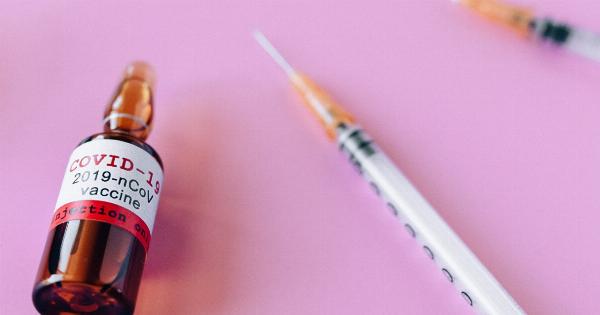Prostate cancer is one of the most common cancers in men, affecting about 1 in 9 men. It is a slow-growing cancer that usually develops in the prostate gland, which is responsible for producing semen.
While most prostate cancers are treatable, the treatment options can have side effects. Hormone therapy is one treatment option that has been shown to be effective in treating prostate cancer, but recent research has suggested that it may also increase the risk of dementia.
What is Hormone Therapy?
Hormone therapy, also known as androgen deprivation therapy (ADT), is a treatment for prostate cancer that lowers the levels of male hormones in the body, primarily testosterone.
Since prostate cancer cells rely on testosterone to grow, reducing the levels of this hormone can help slow the cancer’s progression.
There are different ways to administer hormone therapy, including injections, pills, or surgery to remove the testicles, which are the body’s primary source of testosterone.
The treatment can have side effects, including decreased libido, weight gain, and osteoporosis, but it is usually well-tolerated.
The Correlation Between Hormone Therapy and Dementia
Recent studies have suggested that there may be a correlation between hormone therapy for prostate cancer and an increased risk of dementia.
A study published in the Journal of Clinical Oncology in 2016 found that men who received ADT had a 20% higher risk of developing dementia than those who did not receive the treatment. Another study in JAMA Oncology in 2017 found a similar increased risk of dementia with hormone therapy.
The reason for this correlation is not yet fully understood, but there are several theories. One is that the decrease in testosterone levels caused by hormone therapy may affect brain function.
Testosterone is known to play a role in cognitive function, and its absence could lead to cognitive decline. Another theory is that ADT may increase inflammation in the brain, which could also lead to dementia.
What Should Patients Do?
For patients with prostate cancer, the decision to undergo hormone therapy should be informed by their individual circumstances.
While the treatment can be effective in slowing the cancer’s progression, it is important to consider the potential side effects, including an increased risk of dementia. Patients should discuss the risks and benefits of hormone therapy with their doctor before making a decision.
If a patient does undergo hormone therapy, it is important to monitor their cognitive function closely and report any changes to their doctor.
Early detection and treatment of dementia can help manage the symptoms and slow the progression of the disease.
Conclusion
Hormone therapy is a treatment option for prostate cancer that has been shown to be effective in slowing the disease’s progression. However, recent research has suggested that it may also increase the risk of dementia.
While the correlation between the two is not yet fully understood, patients with prostate cancer should discuss the risks and benefits of hormone therapy with their doctor before making a decision. If they do undergo the treatment, regular monitoring of cognitive function is important to detect any changes early.



























